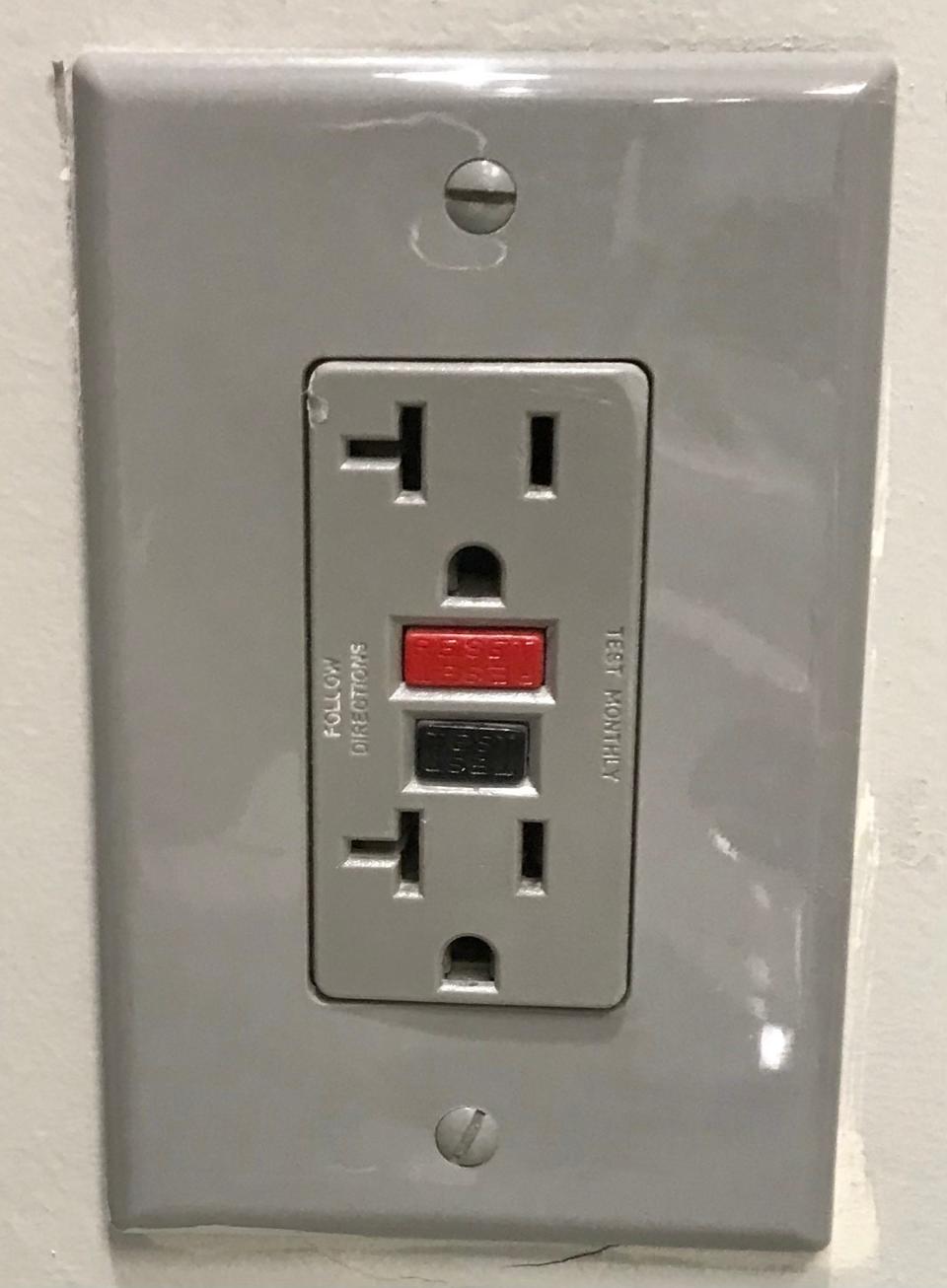What to do if you see someone being shocked by electricity in the water
A father was electrocuted in Jupiter on Oct. 22 trying to pull children from a Harbourside Place fountain where electricity was running through the water. Eight people, including three children, were injured. Several of them were taken to hospitals.
Whether electricity is coursing through a body of water or it's coming from a hair dryer in the bathtub, what should you do if you see someone getting an electric shock in water?
Electric shock drowning is the term that describes all in-water shocks and fatalities, whether the death is caused by electrocution or by drowning as a result of someone not being able to get out of the water.
The majority of deaths from electric shock drowning occur near boat docks or in marinas, according to the Electric Shock Drowning Prevention Association. On average, about six people per year die from electric shock drowning, according to statistics from the federal Consumer Product Safety Commission.
More: Fountain electrocution: Jupiter says light system leaked voltage into water on day man died
Electric shock drownings can result from faulty wiring that allows the current to escape its circuit.
The victims most often are children swimming near the docks or marinas.
Fresh water is more dangerous because saltwater absorbs the electricity better, reducing the amount of the electricity that hits the person. In fresh water, the body conducts electricity better than the water.
What is the first thing I should do if I see someone being shocked by electricity in water?

Cutting off the power source is Job 1, before even rescuing the people who are being shocked. Finding the electrical panel and flipping off the circuit breaker might be the fastest way, but that might not work at a public venue.
The next step is, of course, calling 911.
Try to pull the person to safety using something that doesn't conduct electricity such as a fiberglass shepherd's hook. It's a good idea to have one handy around your pool if you don't already.
More: 'A brother to everybody': Friends recall Nate Davenport, who died saving kids in Jupiter fountain
Why can't people being shocked help themselves?
The human body is a conductor of electricity, so it can become part of the electrical path.
If you touch someone who has current running through them, you could be injured yourself and be in no condition to help them.
Even a fraction of the electricity used to power a lightbulb going through the body can cause muscles to seize, leaving the victim conscious but unable to react or swim effectively. It can also render the victim unconscious.
Higher levels of current can lead to heart fibrillation and death, according to the National Association of State Boating Law Administrators.
If muscles seize in the hand, it can cause the person to hold onto the electrical source longer.
It is not known yet the level of current that was running through the water in the Harbourside Place fountain.
How do you tell if water is electrified?

There is no natural visual or other kind clue that can warn you. And it can be doubly deceiving because you might not feel anything for the first 30 seconds you're in the water while the electricity makes its way toward you.
You can buy "green devices," which float in the water and flash a green light that tells you there is no electricity at the time you want to swim.
Be aware that they might give you a false sense of security, according to the Electric Shock Drowning Association. The devices cannot predict whether or if a fault is going to happen, especially to people swimming around docks or in marinas, who might find themselves far away from a place to escape.
If you are in the water and experience a tingling sensation, get out immediately. As much as possible, distance yourself from any possible electrical sources if you are swimming. Stay away from the metal ladder on the dock, for example.
More: Report: Harbourside Place visitor felt electrical shock at fountain prior to man's death
What can I do now to prevent electric shock drowning?

Experts recommend annual inspections of swimming pools, jacuzzis, boats and docks by a certified electrician.
Don't swim any closer than 50 yards from marinas and 100 yards from boats.
Make sure you know where the electrical panel is in your home. It's a good idea to put labels on your circuit breakers now if you don't already have them so in an emergency someone can quickly tell where the power goes.
In your home, have an electrician install GFCI outlets — ground fault circuit interrupters — that stop the current if it is too low or too high. They should be used anywhere within 25 feet of water.
Circuit breakers in your panel are designed to do the same thing as GFCIs for the bigger areas being fed electricity like a portion of your house. In the event of an emergency, you could turn all of them off.
This article originally appeared on Palm Beach Post: Water fountain electrocution: How to help someone being shocked

